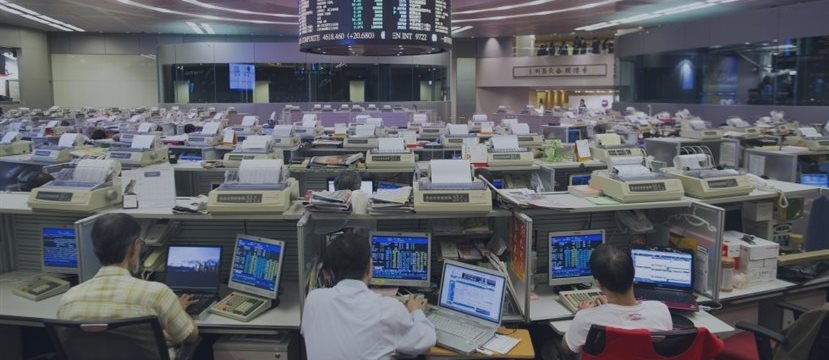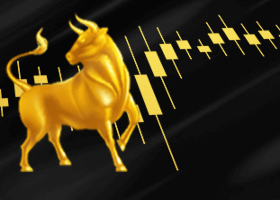
Market players themselves must better understand moral hazard; that in return for taking the big bucks, there are penalties for stupidity
Market players themselves must better understand moral hazard; that in return for taking the big bucks, there are penalties for stupidity. Gone are the days when we used to glibly say in the broking business. “Market up, market down; put them in, take them out. Two commissions!”
In Switzerland in September, there was as yet no snow and the mountains were etched in the bright autumn sunlight. I could feel the clean air giving me energy after Hong Kong’s polluted atmosphere – until I saw that the taxi fare was a breath-taking US$50!
Almost everything seemed to cost US$50 in Switzerland in 2011, as the world saw the Swiss Franc as a currency haven, peaking at just 72 centimes to the US dollar compared to parity today.
Traders were stunned when the Swiss National Bank limited the rise in the Franc to 1.20 to the Euro, easing the pressure on the currency. I was just pleased that my return taxi would only cost US$40.
That the professionals were shocked a second time round shows both their naivety and that they were wilfully betting against the removal of the peg, known as Swexit. Either way, people who really should have known better were caught out in an obviously stupid manner.This was never a cast iron peg like that of the HK$ to the US dollar. The SNB saw it as a temporary measure to curb speculators; as a circuit breaker, and made no other commitment. It couldn’t last, for in the last three years, a freely floating Swissy would surely have matched the US dollar’s 18 per cent rise against the Euro.
Margin trading and the carry trade are long established market practices among professionals and sometimes they have been successful. One online broker, who was ignominiously bailed out last week, continued to advertise “low commissions” on Monday. They encouraged retail investors to take part in “scalping” and “range-bound trading”, activities best left to knowledgeable professionals. Such companies shelter behind long disclaimers that made my eyes water when I tried to read the tiny print.
Regulators have to become more street smart in taking action before
the event – not after a string of defaults. The heady mixture of debt
mixed with unsuitable clients can be observed, and warnings, trading
bans, and restrictions on firms, individuals and management are all
available for use. It’s not easy, as regulators must make room for
market evolution and creativity that can also make the system safer.


